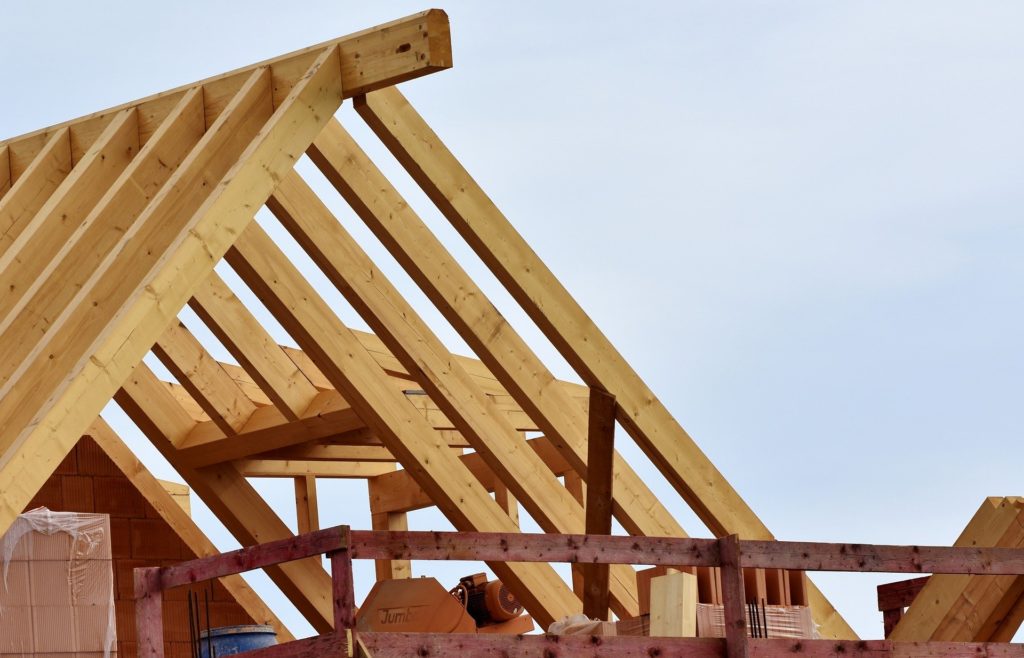Update: introducing the new Building Safety Bill

Update: introducing the new Building Safety Bill
The new Building Safety Bill (“the Bill”) is anticipated to have major financial and practical consequences for the Residential Housing Sector. (Although it should be noted from the outset that the Bill is unlikely to come into force before late 2021). This article looks at several changes that the Bill seeks to introduce.
Building Safety Regulator (BSR)
A new regulator will have the power to assign specific roles or duties to the various stakeholders in the building or management of all residential buildings. Those roles will include “Client”, “Principle Contractor” and “Principle Designer”. The idea is to promote greater safety by ensuring that those engaged in building and management are competent to do so – and empowering the BSR to penalise those who are not.
The BSR will have the power to withdraw materials or products from the UK market that it deems fall short of the requisite standard, thereby regulating the UK market. In practice, this means that the burden of ensuring product safety will fall upon the manufacturers.
Higher Risk Buildings
There will be three “gateways” at key points of the construction cycle for buildings that are at least 18m or 6 storeys high. Before one can pass through one gateway to the next, the BSR will require evidence that the relevant standards of the previous gateway have been satisfied. (As it stands, certain types of building – including hotels and residential care homes – do not count as “Higher Risk Buildings”. Of course, that could change depending on future amendments to the Bill.)
The three gateways will be:
- The Design Stage. Prior to the grant of planning permission, BSR will consult with stakeholders to assess various design matters like fire safety and water supply.
- The Construction Stage. The “Client” will submit evidence to the BSR showing that all building regulations (relating to building construction) have been complied with. Evidence demonstrating that the “Client” is satisfied that the “Principle Contract” and “Principle Designer” are able to effectively perform their duties will also be submitted at this stage.
- The Management Stage. The “Client” will submit “as built” building information to the BSR. This information will include fire and emergency safety files and updated plans.
Accountable Persons (AP)
The AP is a person with legal responsibility for building safety and must be appointed prior to the occupation of a building. The AP will also be responsible for registering buildings as “High Risk Buildings” and making the application for a “Building Assurance Certificate”.
Building Safety Manager (BSM)
Practically-speaking, the AP is going to be the building’s freeholder, long leaseholder or management company – all of whom will have multiple assets. For this reason, the Bill introduces a BSM who will be responsible for providing the AP with assistance on a building-by-building basis. The BSM can be an individual or organization.
Resident Emergency Strategy (RES)
Prior to the occupation of a building, the AP will have the responsibility of formulating a RES. The AP will also need to develop a yearly “Building Safety Report” in cooperation with the building’s residents. The residents must have influence over the policy and decision-making process.
Residents’ Fees
Every long lease (ie. leases with a term of at least 21 years) will include an obligation on leaseholders to pay a fee towards any necessary building safety work. A separate “Building Safety Charge” will also be included in all long leases, enabling the AP to pass on to residents a percentage of various costs introduced by the Bill (for example, employing the BSM or drafting the “Building Safety Report”). It should be noted, however, that the Bill limits the AP from demanding this contribution more frequently than at 3-month intervals
Contact our Real Estate Dispute Resolution team today
If you would like to discuss any issue relating to this blog, please do not hesitate to contact a member of the Real Estate Dispute Resolution Team on 01895 207835 or 01895 207295, or email us at propertydisputes@ibblaw.co.uk.
